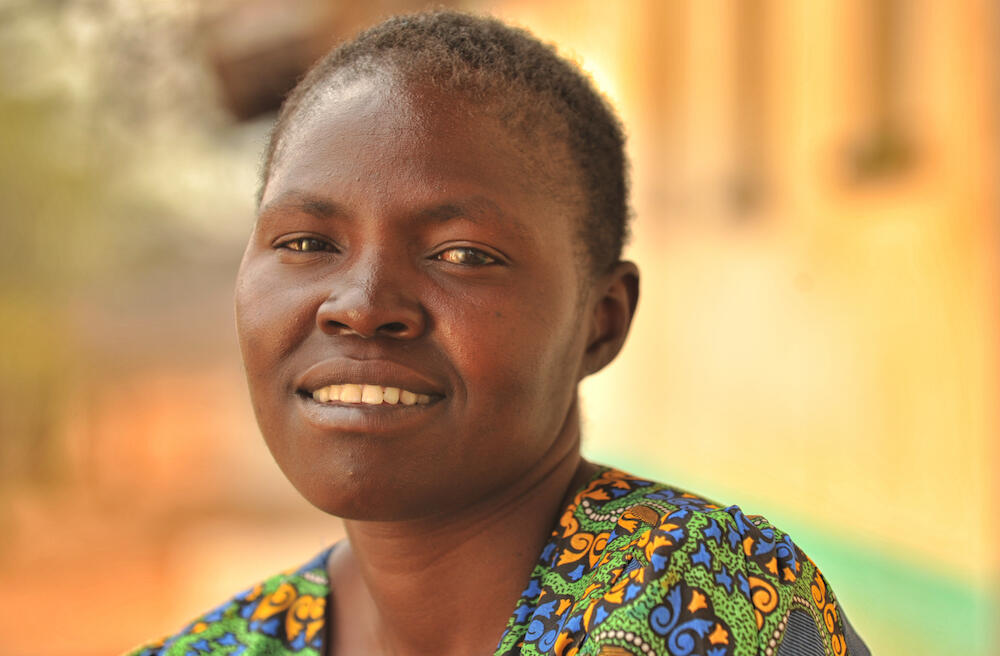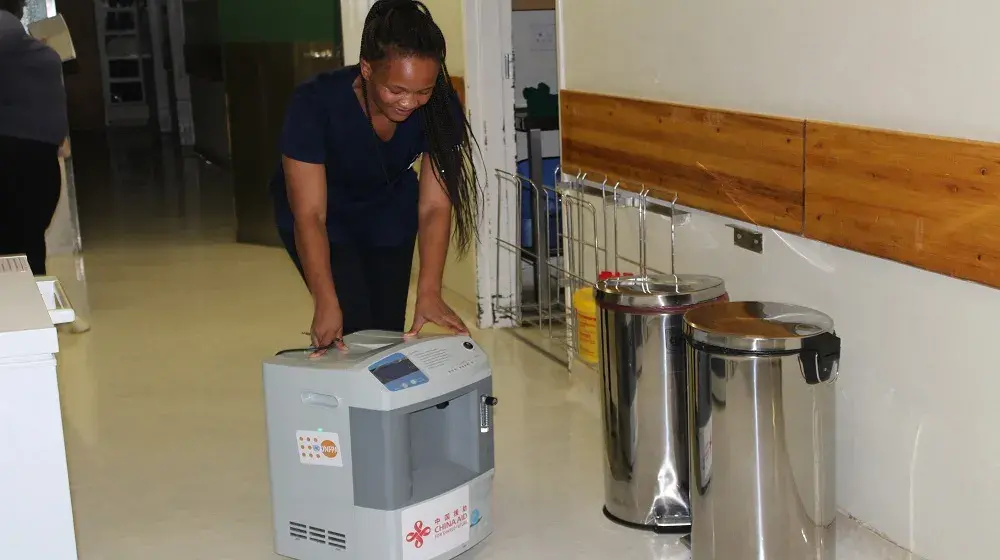ACCRA, Ghana, Addis Ababa Declaration on Population and Development Five-Year Review, 5 October—African ministers in charge of population issues have endorsed the continental report on the implementation of the Addis Ababa Declaration on Population and Development (AADPD).
At the end of a two-day meeting in Accra, from 4–5 October, the Ministers adopted the recommendations of the population experts, who had assessed the gains, gaps, best practices and challenges in implementing the Declaration.
This is a historic day for Africa as we adopt these recommendations.
“This is a historic day for Africa as we adopt these recommendations, which are aligned to the Sustainable Development Goals (SDGs 2030) and the African Union (AU) Agenda 2063 The Future We Want,” said Dr. Roberts Chakanda, Deputy Minister of Planning and Economic Development for the Republic of Sierra Leone.
Speaking on behalf of the Vice President of the Republic of Ghana, the Minister of Finance, Honourable Ken Ofori-Ata, said many African countries need to make the transition from focusing on population management to investing in human wealth. The continent needs to work hard to achieve a demographic dividend and address the challenges faced by young people, he said.
“Frustrated by [the] lack of opportunities, many of Africa’s young people are risking their lives on perilous journeys in search of a better life. The danger is that pools of idle youth are a magnet for recruiters from rebel and extremist groups,” he warned.
Much progress in Africa, but more needs to be done

issues. ©UNFPA Nigeria/Gabriel Adeyemo
UNFPA Deputy Executive Director – Programmes, Dejere Wordofa, said Africa had come a long way in addressing population and development issues and has reasons to celebrate.
“The number of adolescents and youth who are able to go to school, stay in school, avoid child marriage and avoid teenage pregnancy has increased. The number of women and girls who go through their lives without the threat of illness or death due to increasing skilled attendance at birth has also increased.”
Mr. Wordofa cautioned, however, that many challenges still lie ahead. These include the unmet need for family planning, poor quality health services resulting in high maternal mortality, and rapid urbanization, which deepens inequalities.
UNFPA supports rights, choices and progress for all
UNFPA stands ready to support the process of ensuring rights, choices and progress for all through the full and accelerated implementation of the Addis Ababa Declaration on Population and Development.
Along with the AU Commission, the UN Economic Commission for Africa and other agencies, “UNFPA stands ready to support the process of ensuring rights, choices and progress for all through the full and accelerated implementation of the Addis Ababa Declaration on Population and Development,” he said.
The African Union Commissioner for Social Affairs, Amira Elfadill, said the AADPD is critical to the achievement of the AU Agenda 2063 and the global Sustainable Development Goals 2030.
The review will feed into the commemoration of 25 years since the historic International Conference on Population and Development (ICPD) held in Cairo in 1994 and the 52nd Session of the Commission on Population and Development (CPD) taking place in New York in 2019, thus it is important for all Member States to be prepared to highlight African priorities on the population agenda, she noted.
By Adebayo Fayoyin





